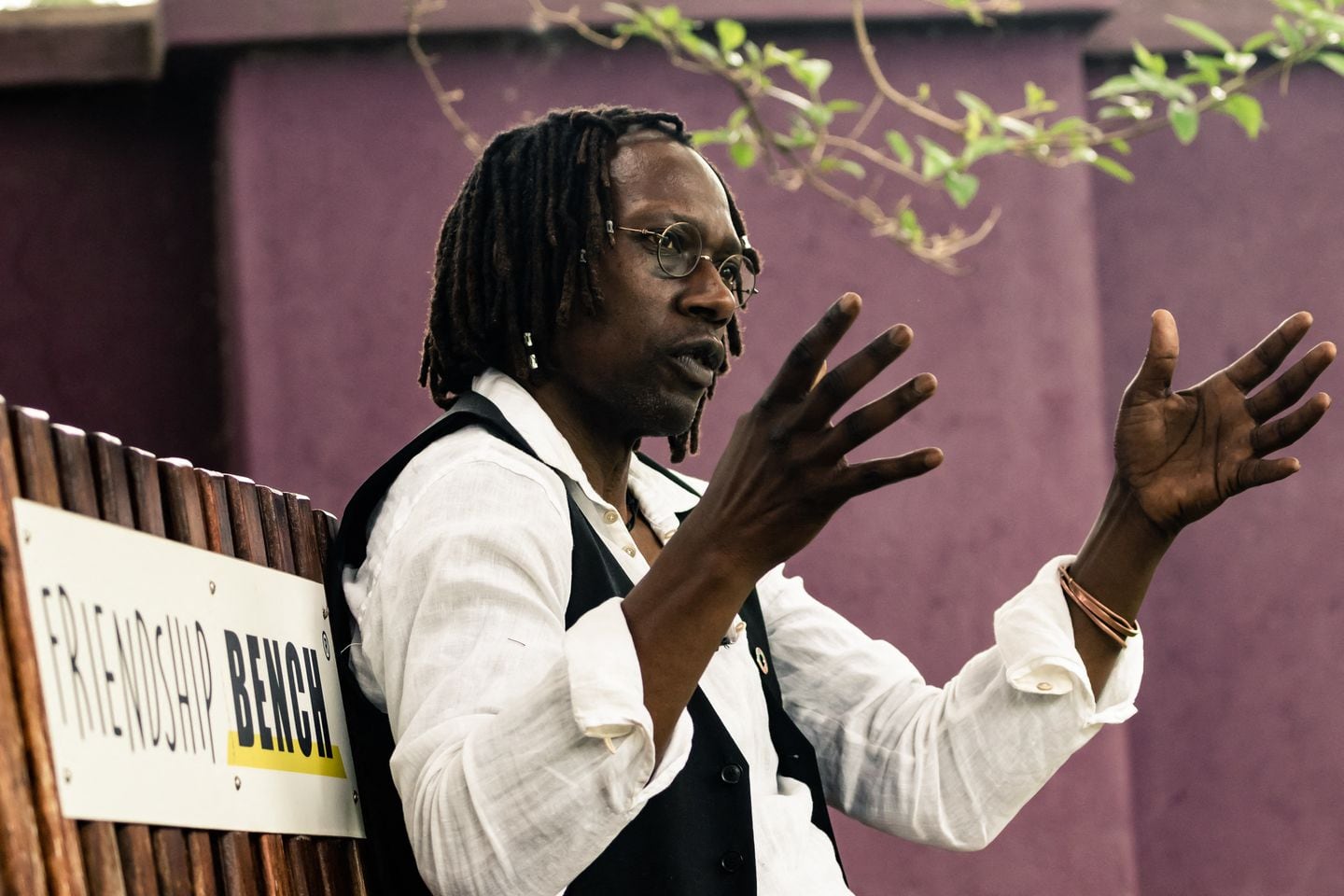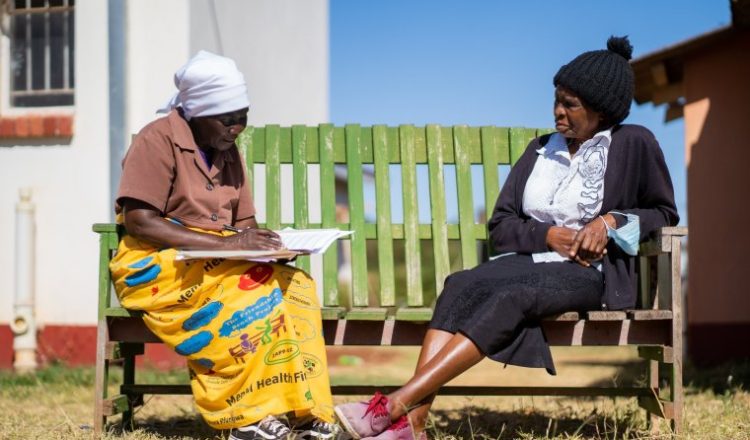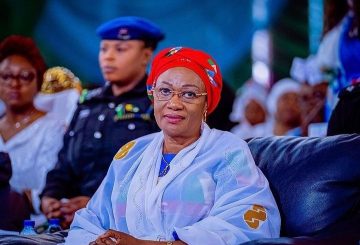After her son, the family’s shining light and only breadwinner, was arrested last year, 57-year-old Tambudzai Tembo found herself in a mental health crisis. In Zimbabwe, where clinical mental health services are scarce, her chances of receiving professional help were minimal. She contemplated suicide but was saved by an empathetic grandmother and a wooden bench.

Older women are now at the heart of a unique mental health therapy approach in Zimbabwe, which is gaining traction in places like the United States. This method involves setting up benches in community clinics, churches, poor neighborhoods, and universities. Here, older women with basic training in problem-solving therapy sit, ready to listen and engage in one-on-one conversations. Inspired by traditional practices, where grandmothers were the go-to for wisdom in tough times, this therapy has proven beneficial as mental health needs grow.
Dixon Chibanda, a psychiatry professor and founder of the Friendship Bench initiative, highlights the value of grandmothers in this model. “Grandmothers are the custodians of local culture and wisdom. They are rooted in their communities and have an amazing ability to make people feel respected and understood.” Chibanda’s concept has spread to Vietnam, Botswana, Malawi, Kenya, Tanzania, and is in preliminary stages in London. In New York, the city’s new mental health plan draws inspiration from the Friendship Bench to combat social isolation, with orange benches now found in Harlem, Brooklyn, and the Bronx. Washington’s HelpAge USA is piloting the concept with the DC Grandparents for Mental Health initiative, training 20 grandmothers to listen, empathize, and empower others.
Chibanda’s initiative, born from a tragic experience in 2005, has grown significantly. Initially starting with 14 grandmothers in Harare, the network now includes over 2,000 grandmothers across Zimbabwe, partnering with the health ministry and the World Health Organization. In 2023 alone, over 200,000 Zimbabweans received therapy from a trained grandmother. Chibanda’s innovative approach continues to revolutionize mental healthcare, providing much-needed support to communities worldwide.





